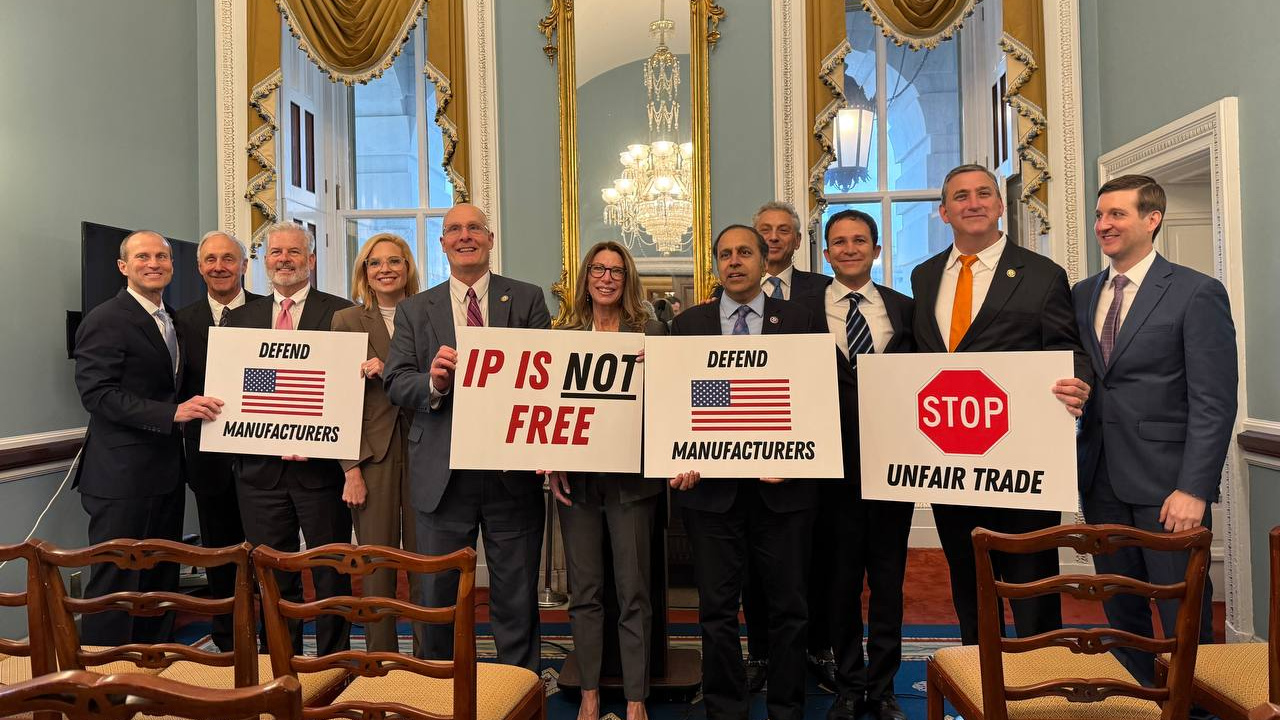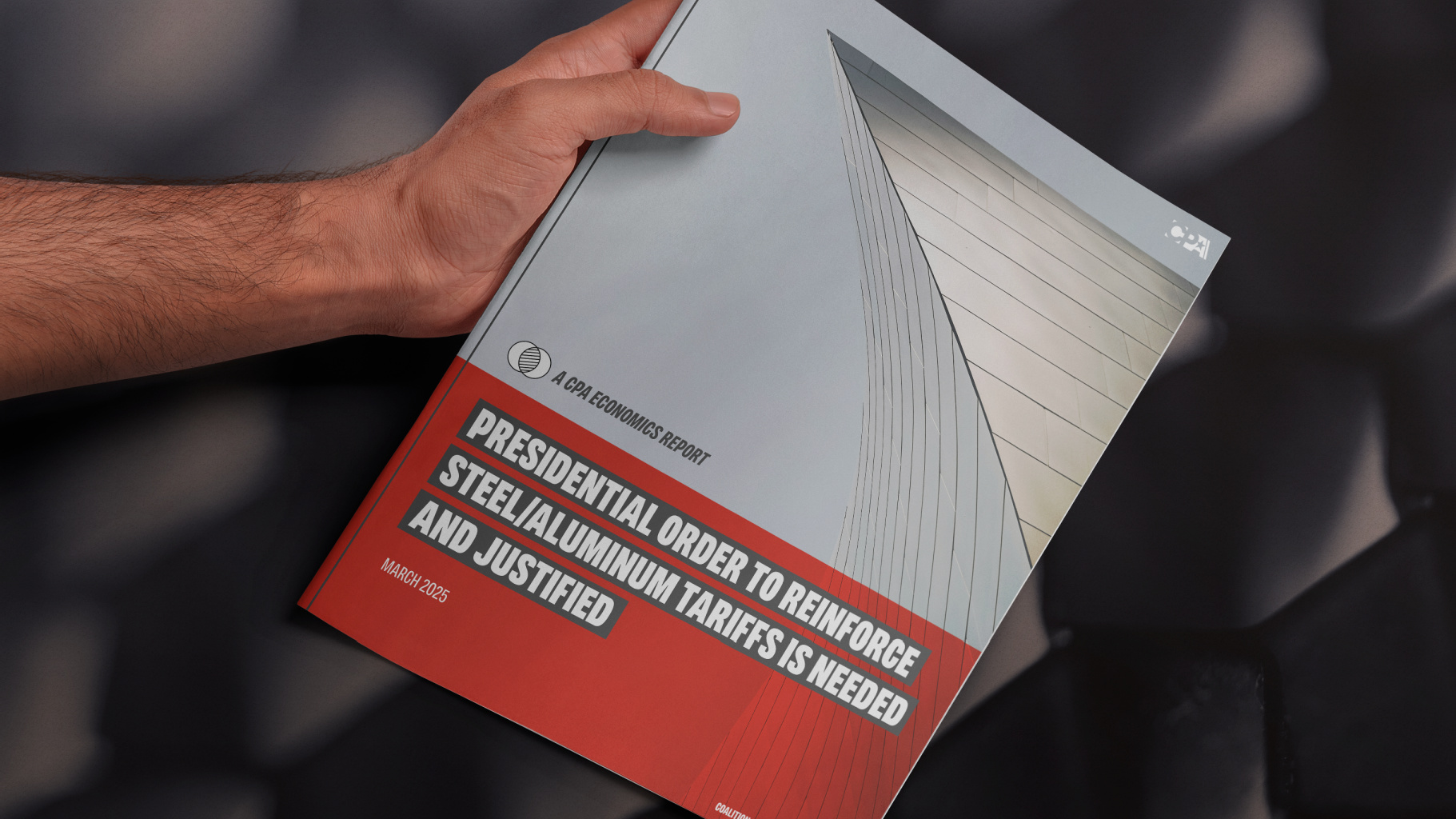
“Brian O’Shaughnessy, chairman of Revere Copper Products Inc., said his manufacturing firm faces trade challenges similar to those faced by cattle producers. He said the United States needs more good-paying manufacturing jobs so more consumers can afford to eat more beef at prices that support farmers and ranchers. He said the United States, however, has not been moving in this direction.”
[Reposted from Agri-View | September 1, 2015]
The Ranchers-Cattlemen Action Legal Fund, United Stockgrowers of America recently tackled several industry issues at its annual convention. This included water and property rights, market competition, international trade issues and country-of-origin labeling laws.
Angus McIntosh, who has served as an expert witness in private-property-rights lawsuits, said farmers and ranchers should be concerned about the federal government’s efforts to restrict western ranchers’ water rights. They also should be alert to grazing rights and easement, and right-of-way rights acquired on federally managed lands.
“If (government officials) can take property rights away from westerners because of endangered species or a potential endangered species, then they can start to tell you how to farm in the east using the same factors,” McIntosh said.
Tracy Hunt, Wyoming rancher and attorney, said the World Wildlife Fund, National Cattlemen’s Beef Association, multinational meatpackers and major retailers have formed the Global Roundtable for Sustainable Beef. According to Hunt, the group is trying to capture the cattle supply chain through vertical integration. This is how industry competition is killed, he said.
According to Hunt, the Global Roundtable for Sustainable Beef will force ranchers to use radio-frequency-identification ear tags and correlate those ear tags to the ranchers’ premises; require ranchers to report animal movements; and require a third-party to verify World Wildlife Fund environmental requirements.
“If you don’t do what they say, you can’t sell your cattle because roundtable partners control the market outlets,” he said.
Neither the Trans-Pacific Partnership free-trade agreement nor the fast-track bill includes restrictions based on carbon footprints, he added.
Max Thornsberry, a veterinarian and former president of the Ranchers-Cattlemen Action Legal Fund, said the U.S. Department of Agriculture has changed its focus of keeping foot-and-mouth disease out of the United States — to a new focus of trying to facilitate global trade, even with countries affected by the disease.
“It is absurd to say a state or region in Argentina or Brazil is foot-and-mouth-disease free because those countries lack critical infrastructure,” he said.
Brian O’Shaughnessy, chairman of Revere Copper Products Inc., said his manufacturing firm faces trade challenges similar to those faced by cattle producers. He said the United States needs more good-paying manufacturing jobs so more consumers can afford to eat more beef at prices that support farmers and ranchers. He said the United States, however, has not been moving in this direction.
“Since 2000, 30 percent of the manufacturing plants that Revere shipped to have shut down and/or moved offshore,” O’Shaughnessy said. “We got outsmarted when we decided to lower tariffs. The United States is about the only country actually practicing free trade.”
Other countries implemented a value-added tax about the same time they agreed to lower tariffs, he said. The value-added tax, which the World Trade Organization considers legal, is applied to imports. When value-added tax revenues from imports are used by countries to offset their domestic production costs, the value-added tax functions just like a tariff.
“The value-added tax supports jobs and wages everywhere except here,” he said.
The Coalition for a Prosperous America, which O’Shaunessy co-chairs, has shared 13 critical trade principles with members of Congress in an effort to put the United States back into what they say will be a trade-competitive position.
The annual conference also featured a panel discussion on country-of-origin labeling.
“Our U.S. Trade Representative has demonstrated that the actual cost of country-of-origin labeling on foreign livestock is only a small fraction of what Canada and Mexico are claiming and it does not justify making any changes that would weaken country-of-original labeling,” said Mike Schultz, chair of the Ranchers-Cattlemen Action Legal Fund.
Panelist Mike Callicrate agreed, stating the only legislation needed is to add more beef to the list of products subject to the mandatory country-of-origin-labeling law. He recommended legislation to remove the exemptions for food-service establishments and processed food items. These current exemptions result in only about a half of all beef products covered by the law, he said.












